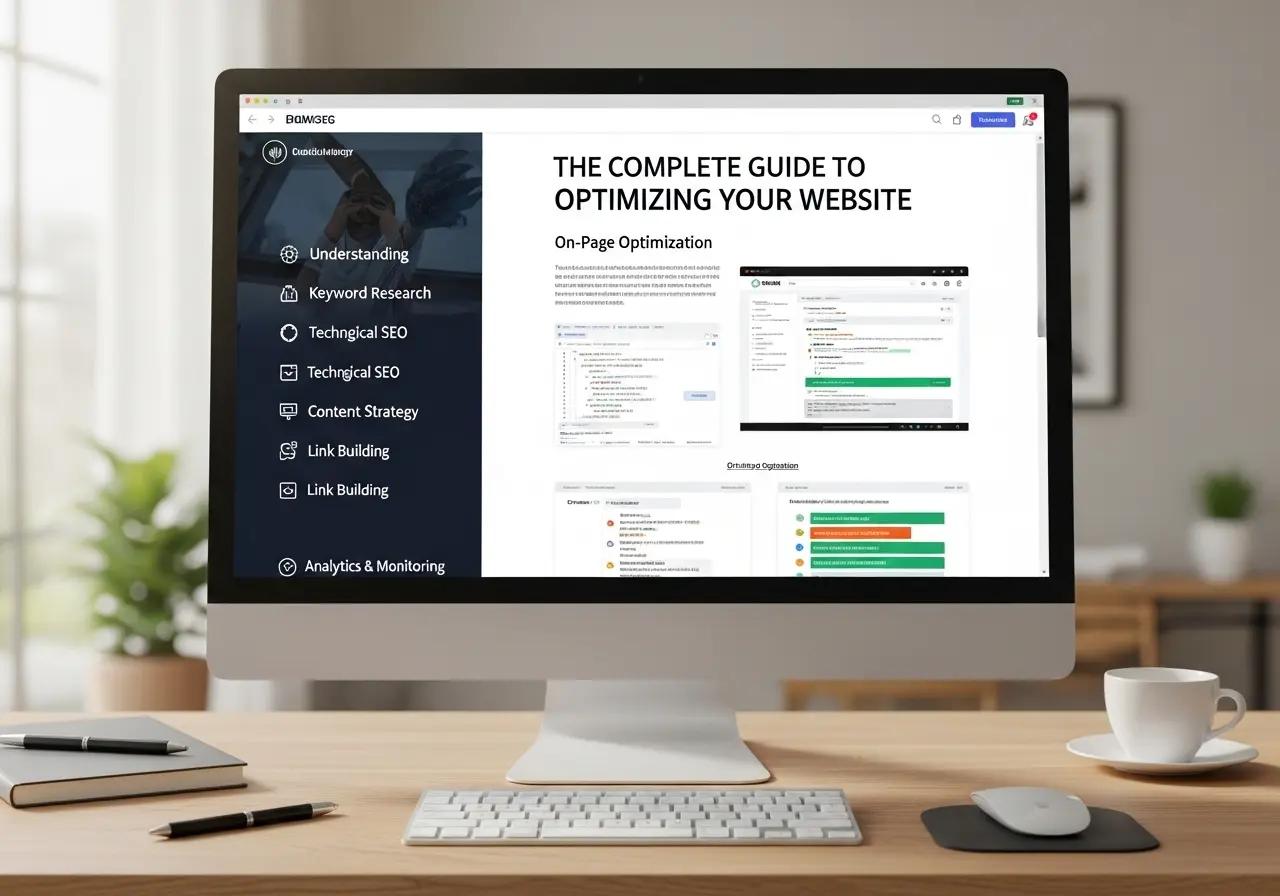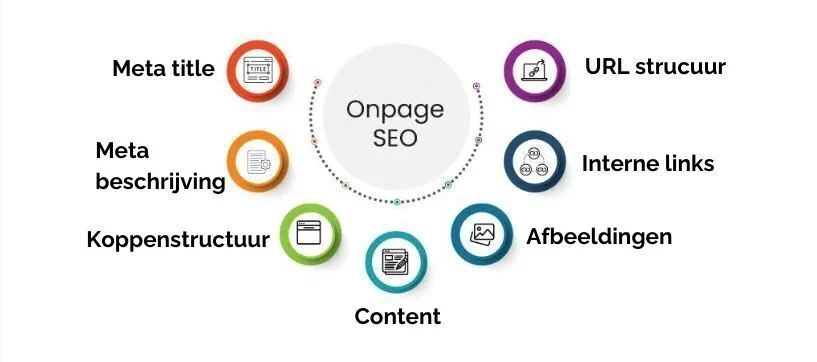An SEO audit is a comprehensive analysis of a website’s technical setup, on-page elements, and off-page signals to improve search rankings. This guide covers the complete SEO audit process, including technical checks, content optimization, and link strategies. It also recommends professional audit services from SEO Agency in India for best results.
SEO Audit: The Complete Guide to Optimizing Your Website
An SEO audit is the foundation for improving your search rankings, organic traffic, and website performance. Whether you run a small blog, an e-commerce store, or a large corporate website, a structured SEO audit helps identify issues that are preventing you from achieving your digital marketing goals.
In this guide, we’ll cover everything you need to know about SEO audits — from technical SEO checks to content optimization, and even link profile analysis.
What Is an SEO Audit?
An SEO audit is a systematic evaluation of a website to identify strengths, weaknesses, and opportunities for search engine optimization.
It covers:
- Technical SEO: Site speed, mobile-friendliness, crawlability
- On-Page SEO: Keywords, headings, meta tags, and content quality
- Off-Page SEO: Backlinks, domain authority, brand mentions
If you want a professional assessment, you can explore SEO Audit Services from industry experts.
Why an SEO Audit Is Crucial for Your Business
Performing an SEO audit ensures your site:
- Ranks higher in SERPs by fixing technical errors.
- Delivers a better user experience through faster load times.
- Attracts qualified traffic with targeted keywords.
- Builds credibility through high-quality backlinks.
According to Search Engine Journal, websites that undergo regular audits see a 20–30% increase in organic visibility within 3–6 months.
H2: The Complete SEO Audit Checklist
1. Technical SEO Audit
Check:
- Crawl errors with Google Search Console
- XML sitemap accuracy
- Robots.txt for blocking unnecessary pages
- Mobile-friendliness using Google’s Mobile Test
- Page speed using Google PageSpeed Insights
2. On-Page SEO Audit
Review:
- Meta titles & descriptions for keyword targeting
- H1, H2 hierarchy for readability & SEO
- Internal linking structure
- Content depth & keyword placement
3. Off-Page SEO Audit
Assess:
- Backlink profile using tools like Ahrefs or SEMrush
- Toxic links and disavow where necessary
- Brand mentions and online reputation
4. User Experience Audit
Evaluate:
- Site navigation ease
- Internal linking relevance
- Call-to-action clarity
- Mobile responsiveness
How to Perform an SEO Audit Step-by-Step
- Run a Site Crawl – Use tools like Screaming Frog or Sitebulb.
- Analyze Search Console Data – Identify crawl issues and index coverage.
- Check Core Web Vitals – Ensure fast load, visual stability, and interactivity.
- Optimize Content – Refresh old blog posts, add FAQs, improve formatting.
- Audit Backlinks – Remove spammy links, build new quality ones.
- Track Progress – Monitor rankings and traffic improvements.
Free vs. Professional SEO Audits
While free tools are helpful, professional SEO audits provide:
- Deeper insights with advanced tools
- Tailored recommendations
- Implementation support
For a detailed and actionable audit, consider contacting SEO Agency in India.
SEO Audit Tools You Should Use
- Google Search Console – Crawl and indexing reports
- Ahrefs / SEMrush – Backlink and keyword analysis
- Screaming Frog – Technical site crawler
- PageSpeed Insights – Speed optimization suggestions
Common SEO Audit Mistakes to Avoid
- Ignoring mobile optimization
- Not fixing broken internal links
- Overlooking duplicate content issues
- Failing to update old content
When Should You Do an SEO Audit?
- Every 6 months for regular optimization
- After major Google algorithm updates
- When launching a new website
- If you notice traffic drops
Benefits of Regular SEO Audits
- Higher organic traffic
- Improved keyword rankings
- Better conversion rates
- Stronger domain authority
Conclusion
An SEO audit is not a one-time task—it’s an ongoing process that ensures your site stays competitive in search rankings. Whether you use free tools or hire experts, the key is to take action based on audit results.
For professional help, check out:
FAQs
Q1: How long does an SEO audit take?
A basic audit can take a few hours; a detailed one may take several days.
Q2: How often should I audit my website?
Every 6 months or after major updates.
Q3: Can I do an SEO audit myself?
Yes, with tools like Screaming Frog, Ahrefs, and Google Search Console.
Q4: Does an SEO audit guarantee better rankings?
No guarantee, but it greatly increases your chances.
Q5: What is the cost of a professional SEO audit?
It can range from $300 to $3000 depending on scope.



